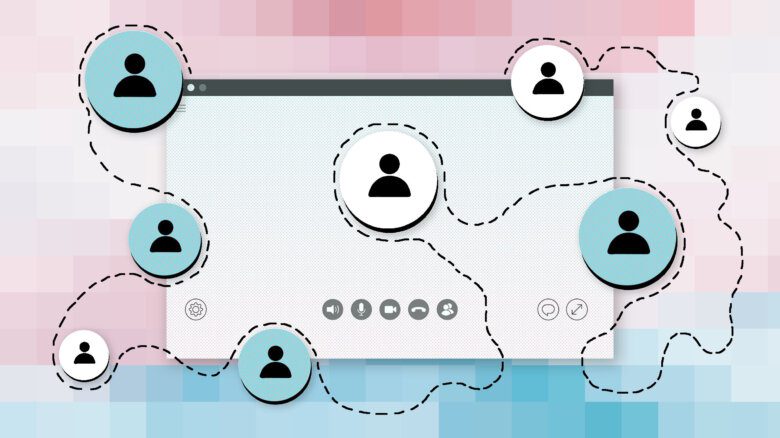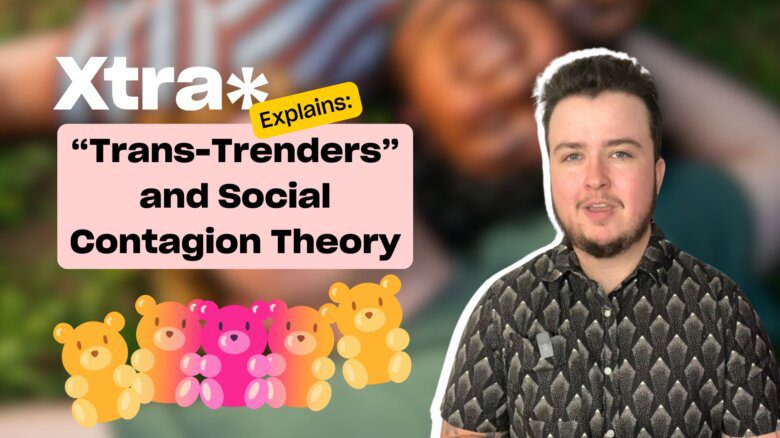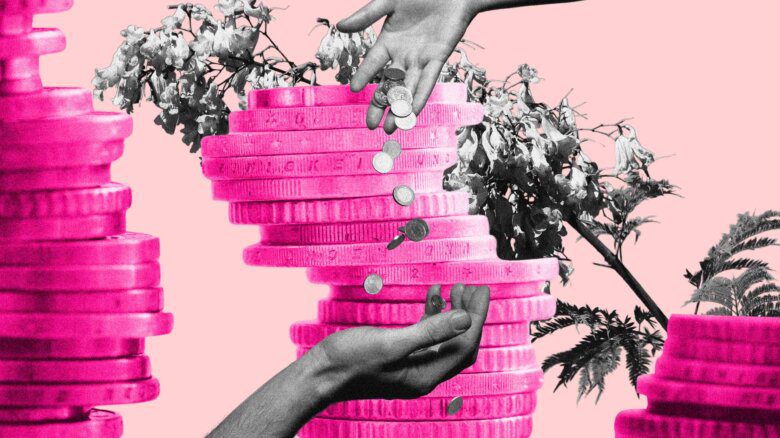I have never known death to be a thing of old age, so I have never feared aging. As a young person, in the early 2000s, living in the aftermath of AIDS, the beginning of school shootings and the start of an overdose crisis, I never really expected to live a long life. Maybe it was a white, suburban, romanticization of fallen rock stars, but nobody I knew expected to live past 27. We assumed something would take us out—a car wreck, a bad high, a war, ourselves.
I was 15 when I lost my first friend to a fatal overdose and 20 when I lost my former partner. I’d made it out of my small-ish Ohio town when I was 18 and was living in New York state for undergrad (too broke for New York City). I’d busted my ass, working full-time since I was 15 to get out and go to college, and I loved it. But, my new friends didn’t know death the way I did. So when I lost eight friends from home to a mix of overdose, suicide and the war in the course of just one year, they didn’t know what to do. They just looked at me, confused—maybe even a little irritated—and asked things like, “Why are all your friends dying?”
“I don’t know.” I responded, “Why aren’t yours?”
These are the questions that shaped the next roughly two decades of my life. In searching for answers I came to learn more about the costs of white supremacy, heteronormativity, transphobia, being working-class, code-switching and grief. Each one was a small piece of the answer I was searching for.
I came out as queer in undergrad, in that “Oh, I’m just in love with Madeleine” kind of way. Like, “I’ll probably go back to dating cis dudes if we break up, but I’m pretty sure this is forever,” sort of first-queer-love.
Madeleine played rugby and worked at the library. Her parents hated me for “turning her queer,” even though she was way gayer than me at the time. We lived together in a collective house where we collected menstrual blood for plants and composted in the backyard by simply throwing our food scraps on the ground. Yes, it was as gross as it sounds. The compost, I mean—collecting menstrual blood is still awesome.
When Madeleline broke up with me, I said, “Fuck it,” and moved to San Francisco. I’d only planned to live in the Bay Area for a year, while I completed paperwork for the youth organizing centre I wanted to open in my hometown. I knew a piece of the answer about why my friends were dying—and others weren’t—had to do with power and belonging. I wanted to build a space where we could both address personal pain and build understanding about its systemic roots. But the first year came and went, and when I started talking about moving back home, a bestie sat me down and asked another great question: “What is different now from when you left?” Nothing was. So she asked why I was going back. It was a question I couldn’t answer. So I decided to stay.
For the next 12 years I stayed in the Bay Area and was steeped in queer community; I did social service work, went to seminary, joined transformative justice organizations and soaked up everything I could to keep chipping away at my questions around suffering and death in the communities I came from.
In my search for answers I found roots. Minnie Bruce Pratt, Joan Nestle, Dorothy Allison. White queer femmes who were writers and organizers; who looked at the world for what it was, and dared to dream of building something new. They weren’t afraid to talk about violence and longing and race. They told us the answers they found to their own questions about suffering in their communities in every book they wrote and they made changing the world feel not only possible, but hot.
They helped me to understand how white supremacy offers white working-class people the promise of hope, on the deadly hook of their labour and loyalty. White supremacy lures white working-class people, my people, into believing that this country will work for them if they work for it. So when my friends could not pull themselves out of the struggle and poverty that shaped their day-to-day, they did not think that the system failed; they thought that they had failed. That feeling of failure, rooted in white supremacy, tricked people I love into believing they were unworthy. A pain they sought to ease with substance use, which, without access to harm-reduction information, ultimately claimed many of their lives.
Queerness and organizing offers a different sort of lineage to belong to. One where hope and transformation are possible through collective effort instead of individual achievement; one where we do not shy away from personal pain, but we never take our eye off the system. I had the chance to choose another way, but never stopped grieving those who didn’t.
Under the guidance of femmes and organizers, I came to know my femme-ness as my strength. I danced at all the queer dance parties. I joined movements and marched and organized. I brunched, potlucked and book-clubbed. I lived in garages and closets and pool houses and finally in a real bedroom. I found my desires and embraced them fully. I marvelled as I watched my world transform and my partners transition. I tried and failed to be poly. And … I got tired.
Over time, San Francisco began to feel like Neverland, a place where the youngest parts of us that needed healing ran the show and weren’t interested in changing. I’m not speaking of the city as a whole, just the swarms of transplants like me, searching for safety and respite in someone else’s backyard. So I tried Oakland, like a lot of other white queers in search of belonging and more affordable rent. But I didn’t belong there either.
I started to get itchy. I was ready for a new chapter. My questions weren’t all answered. But some were.
Question: Why were my friends dying?
Answer: Trying to live up to the lie of white supremacy requires cutting pieces of ourselves away. It is deadly.
Question: Why weren’t other people’s friends dying?
Answer: Suffering is often shaped by circumstance. Some people have more buffer, more safety net, more cover.
Question: What is different since you left?
Answer: I am.
My friends were still dying, my community was still fractured, people still weren’t getting the support they needed. But one thing was different from when I left … me. I wasn’t 18 anymore, and I had many more tools.
“I returned to Ohio as an adult. Queer, femme, radical; unapologetic, but kind.”
I knew I was ready to head home to Ohio. I’d landed myself a fellow Midwestern queer as a partner and they, somewhat tenuously, agreed to move back with me. They worried about leaving the agelessness of the Bay. We were both approaching 40, and as a musician they’d been stifled by rigid Midwestern timelines. Which I certainly understood. But for me, queerness has come to mean freedom from such predetermined paths and collective assumptions. Queerness itself is a question. Are you ready to name the life you want? Are you defiant enough to claim it? And who are you bringing with you?
I’ve never understood aging as something to resist. I have never tried to outrun death with eye cream or hair dye, though there is nothing wrong with doing that. I’ve spent time in the mirror studying new lines in my face and streaks of silver in my hair. But for me, they do not symbolize a dying youth. For me they are proof of surviving and getting to choose what comes next.
I returned to Ohio as an adult. Queer, femme, radical; unapologetic, but kind. I do not have to prove myself. Not to homophobes and not to the coastal queers who think I’m foolish for coming home. My teachers, Joan, Dorothy, Minnie Bruce, taught me that you have to love who you come from if you are ever gonna change the world.
Since coming home, I have found a deeper hope. I’ve gotten to be part of building belonging and power in order to confront white supremacy and change conditions on the ground. I’ve worked alongside others to change laws to increase access to naloxone, a medication that can reverse opioid overdoses. I’ve offered training on harm reduction and the ways the racist war on drugs impacts all of our communities. I have found hope at home again, outside of the bubble and back in the mess. This is what aging means to me. Asking questions, trying on answers and living into what you have learned.
I just turned 40. It came and went without crisis. I know who I am. I know what I am here to do. At 40 I do not fear death, because it has been a constant companion for me since my 20s. I am more grounded than ever. And I am just getting started.
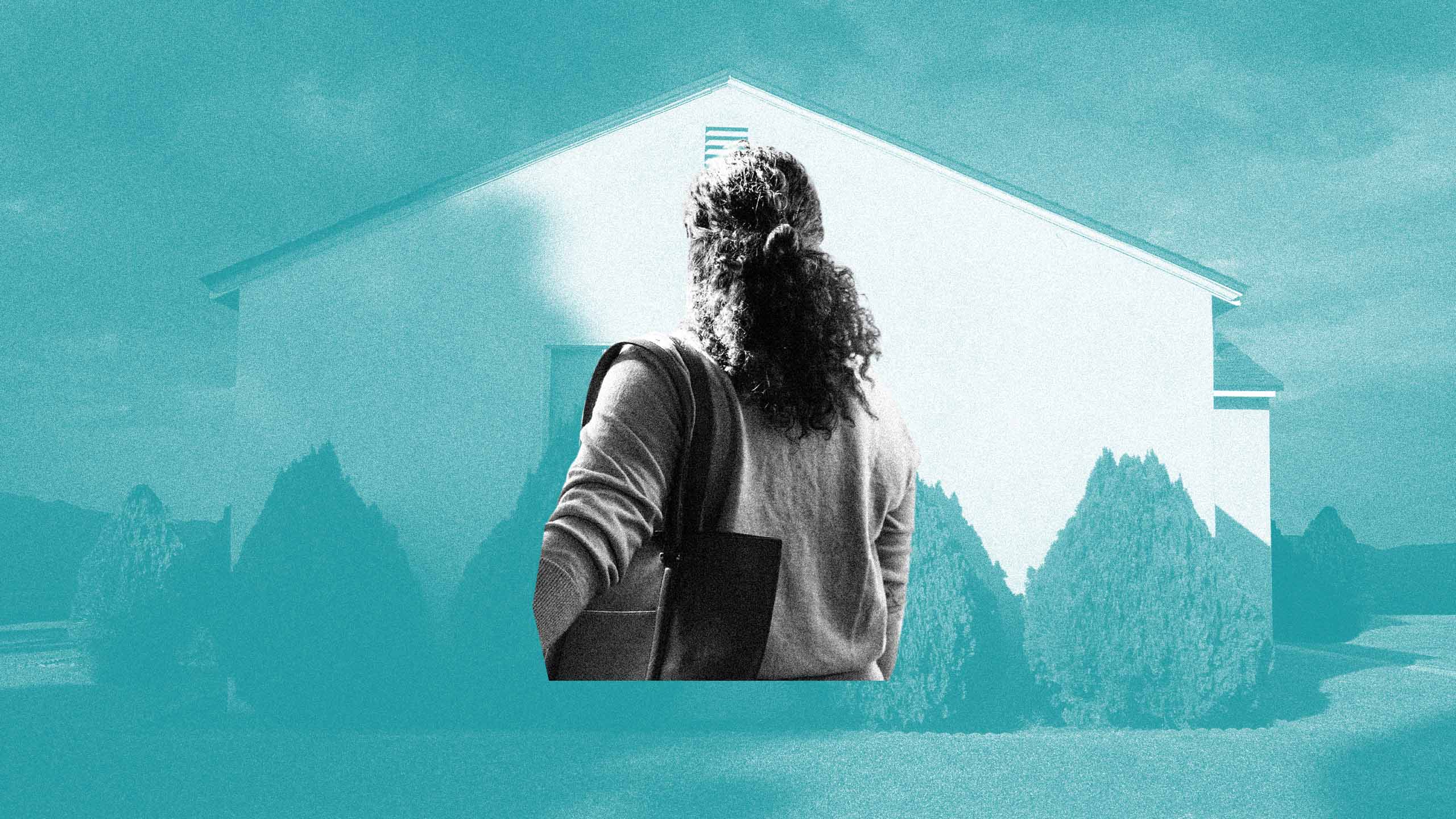
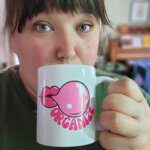
 Why you can trust Xtra
Why you can trust Xtra